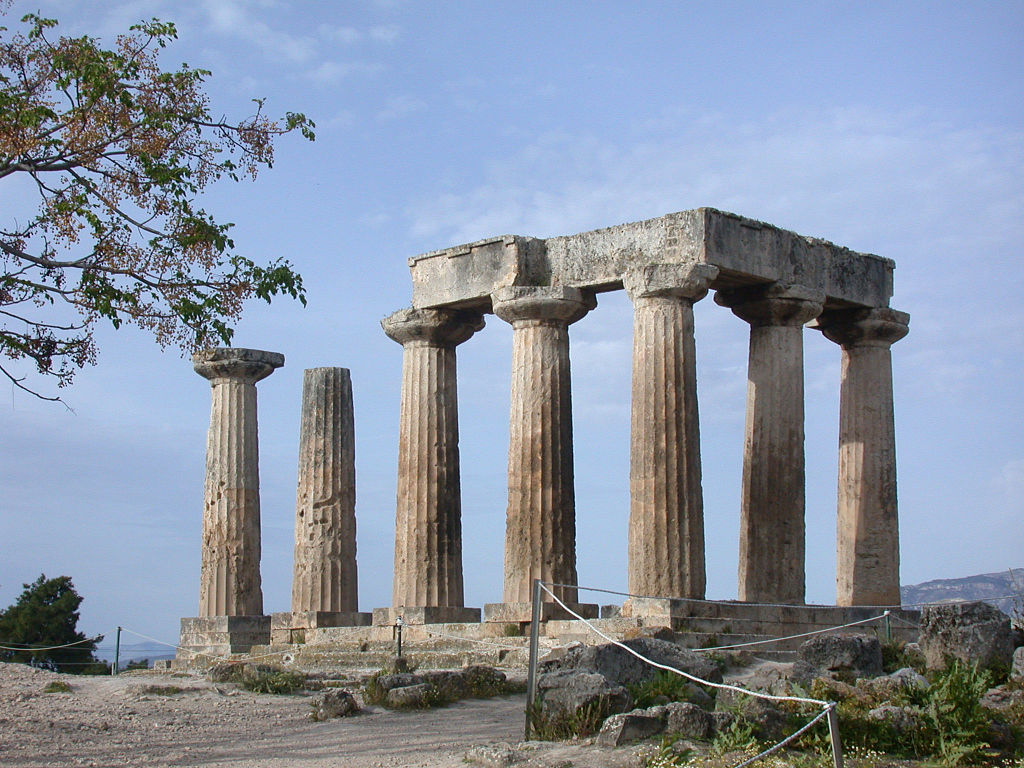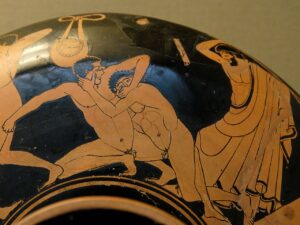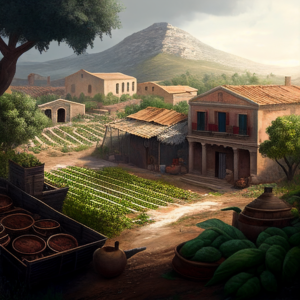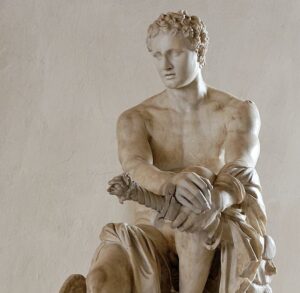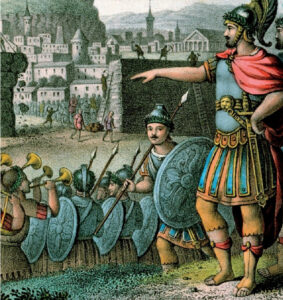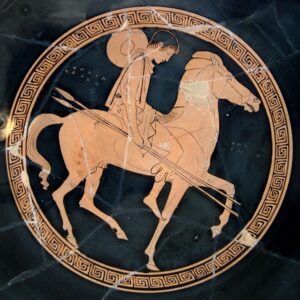Ancient Greek city-states developed early in the history of the Greek peninsula and were a significant aspect of ancient Greek society. In fact, the height of significance for the ancient Greek city-states was during the four main historical periods of ancient Greece, which included: Archaic Greece, Classical Greece, Hellenistic Greece and Roman Greece. During this time, a unique political and cultural system developed, known as the city-state. The city-state was a type of governance that consisted of a city and its surrounding countryside. There were several important city-states in ancient Greece, each with its own government, culture, and military.
Development of City-States in Ancient Greece
The ancient Greek city-states were formed around the 8th century BCE, which was the start of the Archaic Greece period. The city-states were created as a response to the lack of a centralized government in Greece during the time before Archaic Greece. During this time, the country was divided into several small regions, each with its own ruler. Over time, these rulers became more powerful and began to assert their dominance over their respective regions. This led to the formation of city-states, which allowed for greater stability and order within Greece. It also gave rise to the distinct forms of government, culture and military in each of the major city-states of ancient Greece.
Two of the most important city-states in ancient Greece were Athens and Sparta. They were remarkably different and even went to war against each other at times. For instance, they famously fought each other in the Peloponnesian War. In short, Athens is remembered today for its development of democracy, while Sparta is remembered for its militaristic power.
With that said, there were many other important city-states of ancient Greece, such as: Argos, Corinth, Delphi, Thebes, Syracuse, and Rhodes. As stated above, each had their own distinct culture and importance in ancient Greek society. For example, Delphi was known across ancient Greece for its famous oracle.
The most well-known aspect of Delphi was the oracle of Apollo. People from all over the ancient world would come to Delphi to ask the god for guidance and predictions about the future. The oracle was believed to be the voice of the ancient Greek god, Apollo, and the messages she delivered were considered to be divinely inspired.

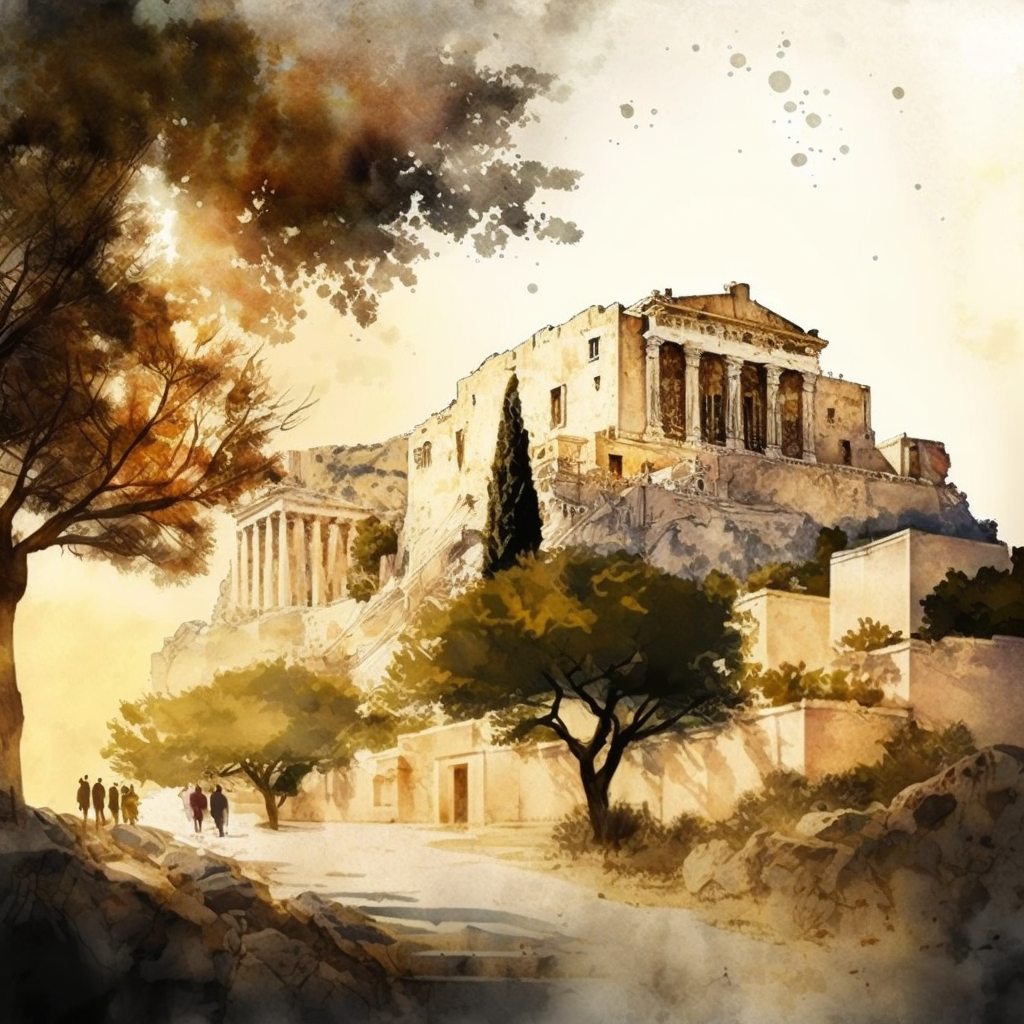
Types of City-States in Ancient Greece
Ancient Greek city-states were referred to as ‘polis’. There were two main types of city-states in ancient Greece. First were the larger city-states that were highly organized and had strong central governments. Second, were smaller and less organized city-states that were more focused on local issues.
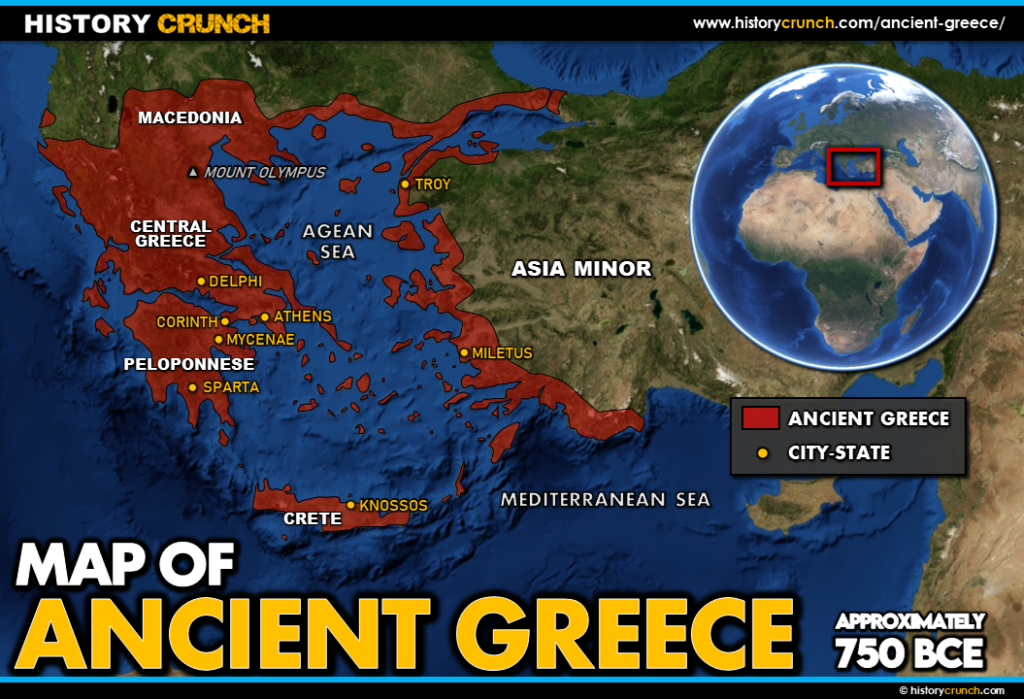
Significance of the City-States in Ancient Greece
The city-states of ancient Greece were incredibly important to the development of ancient Greek society. They were the birthplace of democracy and the source of many great thinkers and ideas. Additionally, the city-states were responsible for the development of several key institutions, such as the Olympic Games, theater, and the arts. The city-states were also major players in the political and military affairs of ancient Greece, and their influence extended far beyond their borders.
Also, while the city-states of ancient Greece were sometimes ad odds with each other and even fought wars against each other, they also united against common enemies. For instance, the city-states of ancient Greece famously united against the Persians during the events of the Greco-Persian Wars. Also, the city-states of ancient Greece were famously united together under the leadership of Alexander the Great.
Life in the ancient Greek city-states was complex for the people of ancient Greece. The citizens of the city-states were responsible for a wide range of activities, including trade, agriculture, and the arts. As such, the ancient Greek economy and culture emerged and flourished in the city-states. Additionally, the city-states were home to many religious and cultural institutions, such as temples, theaters, and schools. The most famous example of this is likely the Acropolis of Athens, which was home to several significant temples including the Parthenon.
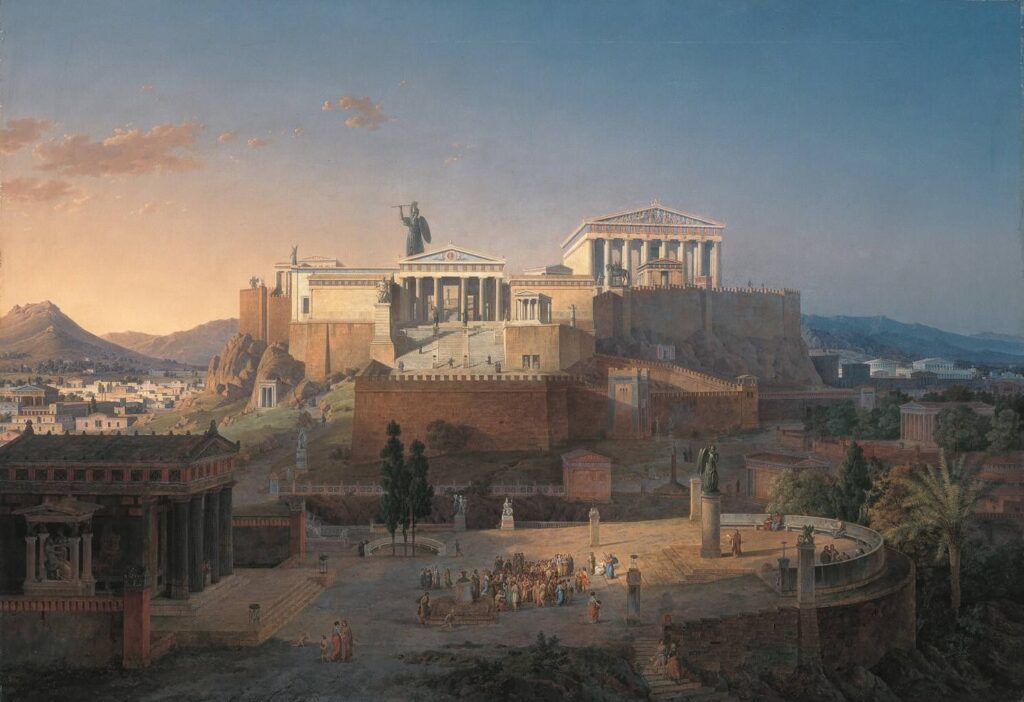
Decline of the City-States of Ancient Greece
Despite their importance, the ancient Greek city-states eventually declined in importance. This was due in part to internal conflicts, such as the Peloponnesian War, which weakened the city-states and made them more vulnerable to outside influences. Additionally, the rise of the Roman Empire led to the eventual domination of Greece and the decline of the city-states. As such, the decline of the city-states is often viewed as a decline in the overall power and importance of ancient Greece as a whole.

